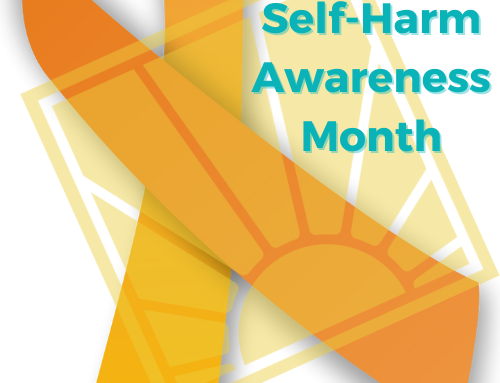Teachers, parents and mental health professionals agree that adolescents in this country are chronically fatigued during the day due to an epidemic of sleep deprivation. Because the causes of sleep deprivation vary from person to person, no one intervention is helpful for every sleepy teen. It’s important, therefore, to understand the cause before prescribing a solution. But whatever the cause, recent studies link sleep deprivation not only to daytime grumpiness, but to adolescent obesity, drug use, depression, school failure and even suicide. Sleep deprivation among adolescents is a serious health concern and should be addressed as such.
Increasingly, teens are being prescribed medications to address sleeplessness. But because medication can carry with it side effects including nightmares, daytime grogginess, abuse and dependency, it should be considered with care. When practicable, alternatives or complements to medication (described at the end of this article) can be a more effective long-term solution than medication. Understanding the root cause, or causes, of your teen’s sleep deprivations can help you, your doctor and your psychologist make informed decisions about what strategies to employ to help your child get the sleep she needs.
CAUSES
Light Exposure: A field study of middle school and high school students published in the scholarly journal, Neuroendocrinology Letters, found that inadequate or poorly timed exposure to natural light in the morning can also lead to insomnia. Improper sunlight exposure (specifically blue light) delays the production of melatonin which in turn delays the onset of sleep. The phenomenon, called “night owl syndrome” by researchers, is associated with lower academic performance and other problems. Schools are using this data to inform changes in school schedules and building design in order to ensure that students get more exposure to sunlight at the right times.
Sneaking Out: Some adolescents are exhausted in the morning and throughout the day because they have been out for much of the night. Young people who have been forbidden to see a certain peer group, boyfriend or friend may routinely slip out at night if inadequately supervised. This can go on for days, weeks or months without being detected by parents.
Technology and Social Networks: Many teens stay up late to meet with peers online for gaming, chat rooms, texting sessions and other phone or computer based activities. Studies indicate that the timing of these sessions is a socially contagious phenomenon and the trend in many social circles is toward late-night interaction. Adolescents may also be more inclined to late-night technology use when it includes topics or behaviors they wish to hide from their parents, such as talking to a forbidden boyfriend, communicating with a negative peer group, discussing drug and alcohol use, engaging in mature gaming, or viewing pornography.
Depression and Anxiety: While depression is sometimes the cause of extreme drowsiness and excessive sleeping, it can also lead to poor quality of sleep and/or the inability to fall asleep or to stay asleep. Anxiety, which is often directly linked with depression, also can severely disrupt the quality and duration of sleep. This resultant lack of sleep can exacerbate the depression and/or anxiety, leading to a downward emotional spiral.
Drug Abuse: Drug use can itself cause sleeplessness or sleep disruption. At the same time, sleep deprivation, whether caused by an emotional disturbance, computer use or another issue, is sometimes addressed by adolescents through self-medication. Many of the social networks that teens engage late at night encourage the use of drugs, especially marijuana, as a sleep aid, according to a study out of UCSD and Harvard University. Because of the socially contagious nature of such behaviors adolescents are much more vulnerable to self-medication when they participate in a social network that encourages it. Regardless of which comes first, the cycle of insomnia and drug abuse is self perpetuating.
SOLUTIONS: FIRST STEPS
Depending upon the causes and severity of your child’s insomnia, anything from herbal tea to behavioral consequences to medication may be the key to solving the problem. But without understanding those root causes, effective solutions may elude you. Making your own careful observations, talking to your child, and engaging the services of both a physician and psychologist are great places to start if your adolescent shows signs of sleep deprivation.
Whatever the cause of adolescent sleep deprivation, it’s important to remember that it can have much more serious and far-reaching consequences than previously imagined. Adolescent obesity, drug abuse, depression, school failure, anxiety and suicidal thinking are all linked to inadequate or poor-quality sleep. Seeking to understand the nature of your child’s insomnia and engaging the appropriate resources can help you provide the support your child needs to overcome the destructive cycle of sleep deprivation.

